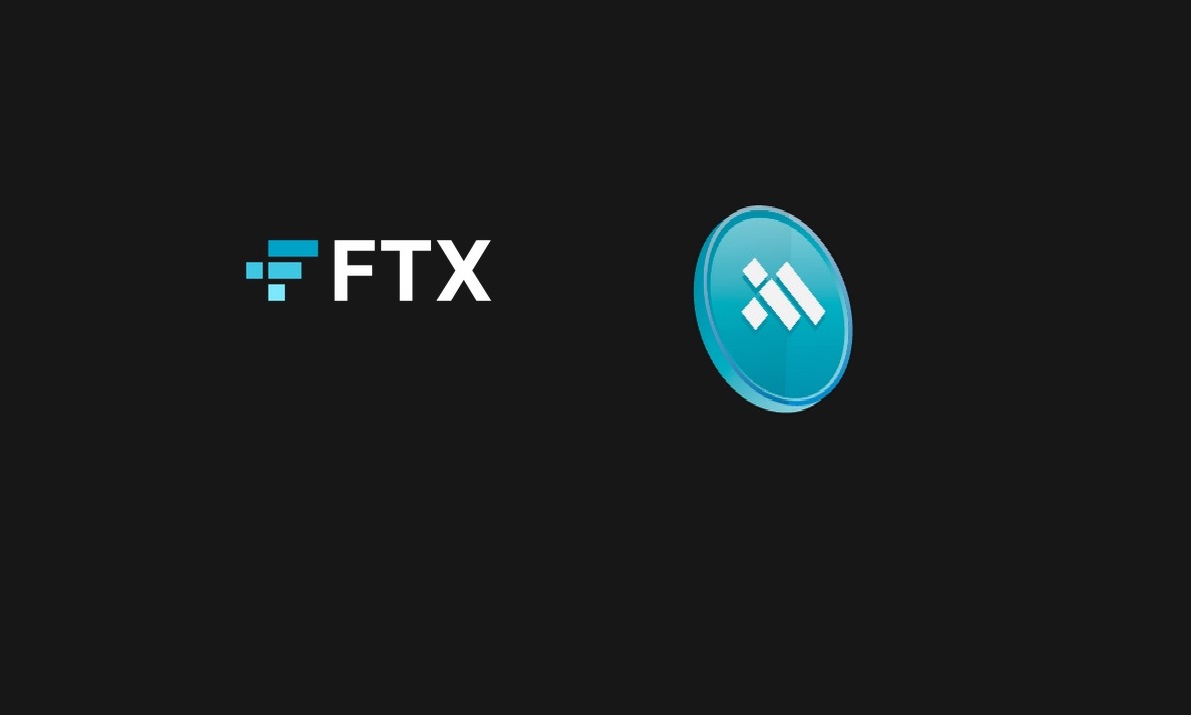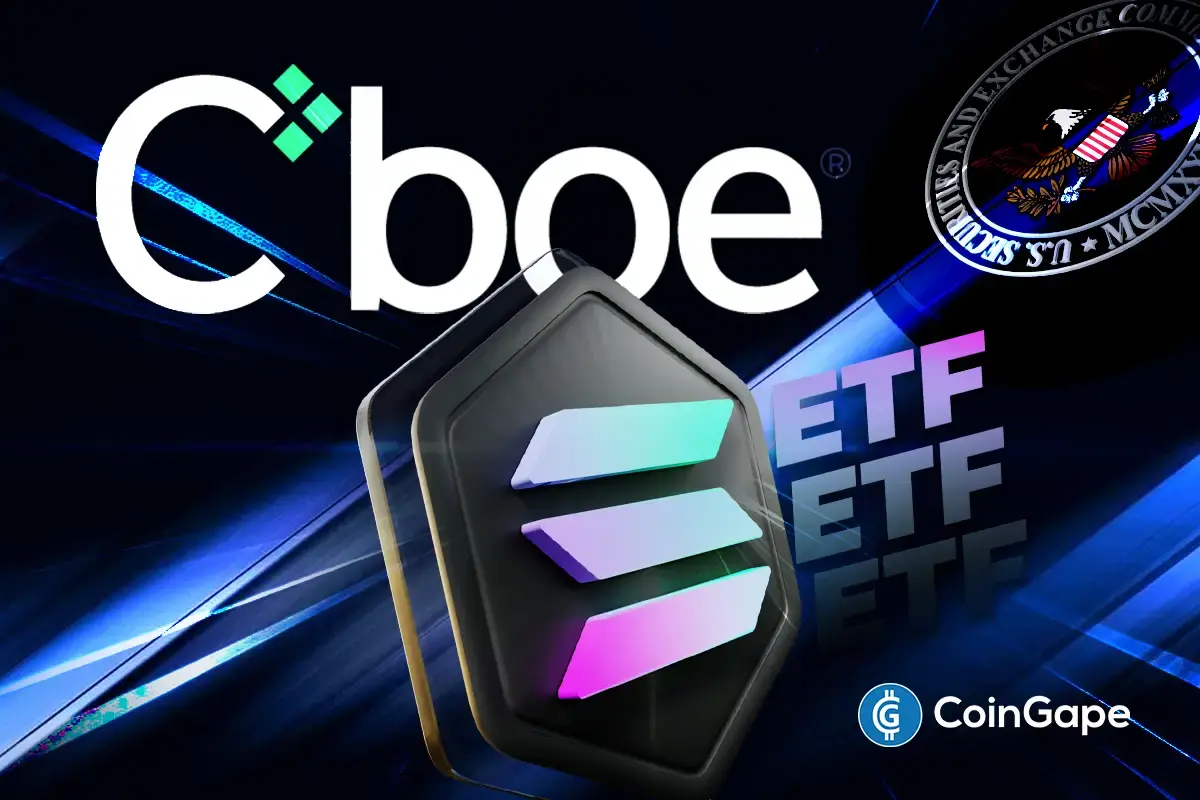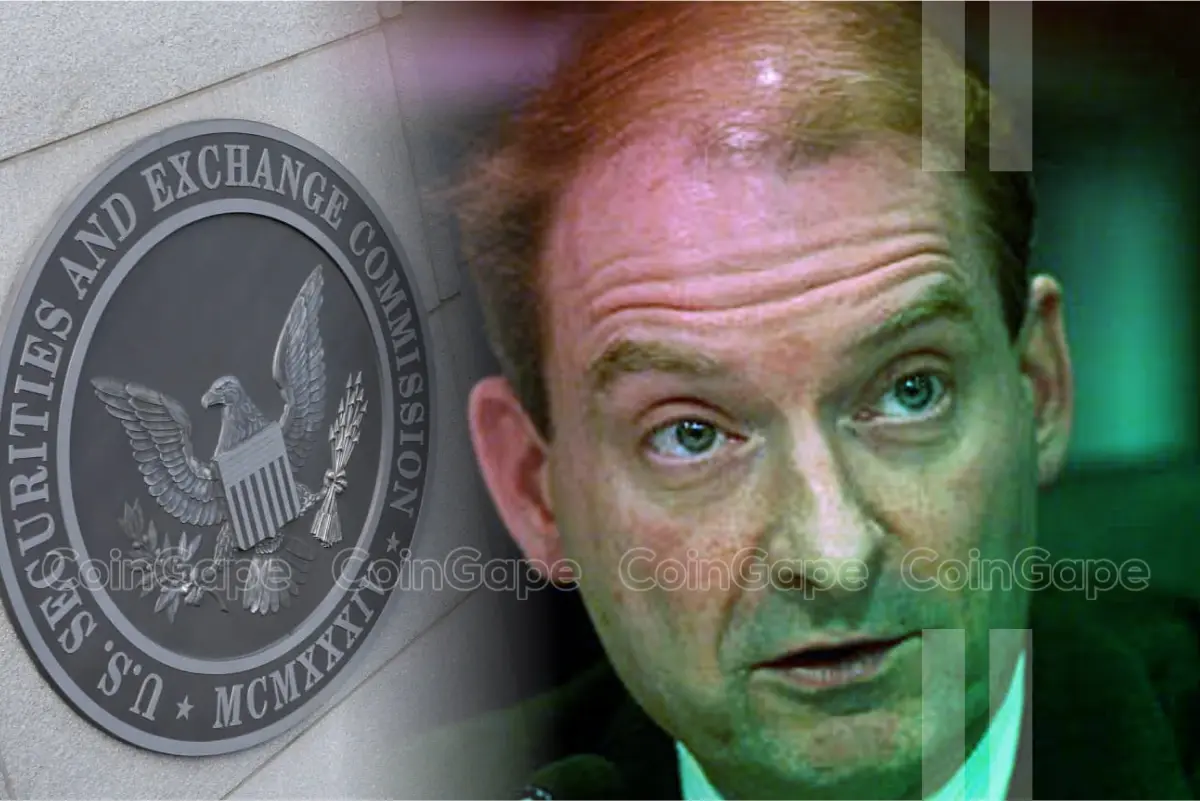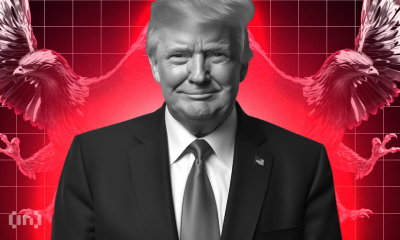Regulation
Ex-FTX execs Nishad and Gary to be sentenced in October and November


- Nishad Singh and Gary Wang to be sentenced for FTX fraud on Oct. 30 and Nov. 20.
- Their cooperation in Sam Bankman-Fried’s trial may lead to reduced sentences.
- Ryan Salame got 90 months for non-cooperation; Bankman-Fried got 25 years.
Former FTX executives Nishad Singh and Gary Wang, key figures in the dramatic collapse of the FTX cryptocurrency exchange, are scheduled to be sentenced later this year.
US District Judge Lewis Kaplan has set Singh’s sentencing for October 30 and Wang’s for November 20.
Both played pivotal roles in the events leading up to and following the downfall of FTX, one of the most high-profile failures in the cryptocurrency industry.
The fall of FTX
FTX, once a leading cryptocurrency exchange, crumbled in 2022 amidst allegations of massive fraud and financial misconduct.
Nishad Singh, the former engineering director, and Gary Wang, FTX co-founder, were instrumental in the company’s operations. Their actions, along with those of other executives, contributed to significant financial losses for users and investors.
Singh and Wang pleaded guilty to multiple felony counts, including fraud and money laundering, with Singh’s guilty plea recorded in February 2023. They have cooperated extensively with US authorities, which might influence their sentencing outcomes.
During the criminal trial of former FTX CEO Sam Bankman-Fried (SBF), their testimonies were crucial.
Singh and Wang’s revelations about the inner workings of FTX and Alameda Research provided valuable insights into the extent of the alleged fraud.
Singh testified that Bankman-Fried had unilateral control over Alameda’s funds and highlighted his growing distrust of the former CEO.
Wang’s testimony shed light on the exchange’s use of hidden code to misrepresent the value of its insurance fund, which failed to cover user losses.
Singh and Wang’s cooperation has led to speculation that they might receive reduced sentences.
Singh and Wang’s testimonies contributed to SBF’s conviction
The testimonies of Singh and Wang, along with that of Caroline Ellison, former CEO of Alameda Research, significantly contributed to the conviction of Sam Bankman-Fried.
Judge Kaplan sentenced Bankman-Fried to 25 years in prison, marking one of the harshest penalties in the cryptocurrency industry to date.
The detailed accounts from Singh and Wang painted a picture of systemic fraud and gross mismanagement at FTX, leading to Bankman-Fried’s downfall.
Ryan Salame, the former co-CEO of FTX Digital Markets, also faced legal repercussions. Unlike Singh and Wang, Salame did not cooperate with authorities, resulting in a 90-month prison sentence. His lack of cooperation and subsequent sentencing underscore the potential benefits of aiding investigations, which Singh and Wang might experience.
As Singh and Wang await their sentencing, the cryptocurrency community remains watchful. Their cooperation and the outcomes of their cases could set significant precedents for how justice is administered in complex financial fraud cases.
Meanwhile, Sam Bankman-Fried remains incarcerated at the Metropolitan Detention Center in Brooklyn, with his legal team preparing to appeal his conviction.
In the meantime, the FTX saga continues to unfold, with bankruptcy proceedings and class-action lawsuits still in progress, as affected parties seek justice and restitution.
Regulation
US SEC Acknowledges Fidelity’s Filing for Solana ETF

The U.S. Securities and Exchange Commission (SEC) has formally acknowledged the filing for Fidelity’s spot Solana (SOL) Exchange-Traded Fund (ETF).
This marks a key development in the financial industry, as Fidelity seeks to list its Solana ETF on the Cboe BZX Exchange. The acknowledgment comes after Fidelity submitted a proposed rule change, paving the way for the potential approval of the product.
Fidelity’s Spot Solana ETF Proposal
The SEC’s acknowledgment follows Fidelity’s filing to list and trade shares of the Fidelity Solana Fund under the Cboe BZX Exchange. The proposed rule change, initially submitted on March 25, was later amended on April 1, 2025, to clarify certain points and add additional details.
The amended proposal aims to list the Solana ETF under BZX Rule, which pertains to commodity-based trust shares. According to the Cboe BZX Exchange, Fidelity plans to register the shares with the SEC through a registration statement on Form S-1.
Fidelity’s experience with crypto ETFs, having launched the Fidelity Wise Origin Bitcoin Fund (FBTC) and the Fidelity Ethereum Fund (FETH), has prepared it for this new initiative. FBTC has drawn substantial interest, accumulating nearly $17 billion in assets, while FETH currently manages around $975 million.
This Is A Developing News, Please Check Back For More
Disclaimer: The presented content may include the personal opinion of the author and is subject to market condition. Do your market research before investing in cryptocurrencies. The author or the publication does not hold any responsibility for your personal financial loss.
Regulation
US Senate Banking Committee Approves Paul Atkins Nomination For SEC Chair Role

The U.S. Senate Banking Committee has voted to approve Paul Atkins’ nomination for the role of Chair of the Securities and Exchange Commission (SEC). The vote, which took place on Thursday, passed with a narrow margin of 13-11, along party lines.
Paul Atkins, nominated by President Donald Trump, now moves one step closer to taking over the top regulatory position at the US SEC.
Senate Banking Committee Approves Paul Atkins Nomination
Paul Atkins’ nomination for SEC Chair has received approval despite sharp opposition from Democratic members of the Senate Banking Committee. The vote was entirely split, with Republicans supporting Atkins and all Democrats opposing the decision.
This partisan divide highlights the contentious nature of Atkins’ confirmation, which had been under scrutiny for several reasons.
The committee’s approval now clears the path for Atkins to proceed to the full Senate for a final confirmation vote. Given the Republican-controlled Senate, it is widely expected that Atkins will secure the necessary votes to take over the SEC leadership. With Republicans holding a 53-47 majority in the Senate, the confirmation process is anticipated to move forward swiftly.
This Is A Developing News, Please Check Back For More
Disclaimer: The presented content may include the personal opinion of the author and is subject to market condition. Do your market research before investing in cryptocurrencies. The author or the publication does not hold any responsibility for your personal financial loss.
Regulation
Kraken Obtains Restricted Dealer Registration in Canada

Cryptocurrency exchange Kraken has obtained a Restricted Dealer registration in Canada. The registration comes after completing a pre-registration undertaking (PRU) process with Canadian authorities.
The exchange has also announced the appointment of Cynthia Del Pozo as its new General Manager for North America. Del Pozo will oversee Kraken’s growth initiatives in Canada.
Kraken Completes PRU Process In Canada
Kraken’s Restricted Dealer registration marks the completion of a thorough pre-registration undertaking (PRU) process with Canadian regulators. The registration places Kraken under the supervision of the Ontario Securities Commission (OSC). This oversight ensures users have access to secure crypto products within a properly regulated local ecosystem.
According to the Canadian Securities Administrators (CSA), the Restricted Dealer registration is one of eight firm registration types in Canada. This particular classification is used for firms that “do not quite fit under any other category.” It also comes with specific requirements and conditions set by securities regulators.
Kraken’s regulatory achievement comes during a period of change in the Canadian crypto sector. Just months earlier, competitor Gemini exchange announced its departure from the Canadian exchange market by the end of 2024. This was a move that surprised many and raised questions about cryptocurrency regulation clarity in the country.
Kraken Introduces New Canadian GM
Del Pozo has joined Kraken to lead its Canadian operations as the new General Manager for North America. She has nearly 15 years of experience in corporate development, operations, and fintech consulting. Del Pozo will help to guide Kraken’s expansion across Canada during this important phase of crypto’s development in the region.
“Canada is at a turning point for crypto adoption, with a growing number of investors and institutions recognizing digital assets as a vital part of the financial future. I’m thrilled to join Kraken’s mission at this critical moment, and to lead our expansion efforts, ensuring we continue to serve our clients long-term with innovative and compliant products,” said Del Pozo.
In her role, Del Pozo will focus on strengthening Kraken’s regulatory relationships and also scaling the company’s presence throughout North America.
Del Pozo also commented on the registration achievement: “This Restricted Dealer registration is testament to the high bar Kraken has always set for consumer protection, client service, and robust security. We’re excited to continue expanding our world-class investment platform and to deliver innovative products that provide real-world utility to Canadians.”
The Exchange’s Continued Growth In Canada
Over the past two years, the cryptocurrency exchange has shown steady expansion in Canada while working through the PRU process with regulators. During this period, the exchange has doubled its team size and monthly active users.
According to the official blog post figures, the firm now has more than $2 billion CAD in total client assets under custody. Kraken has also increased support for some of the most popular cryptocurrencies. It provides several CAD spot trading pairs that enable Canadians to trade crypto without paying expensive foreign exchange fees.
According to Innovative Research Group’s 2024 Investor Survey, 30% of Canadian investors currently own or have owned cryptocurrencies. Likewise, a KPMG Canada survey discovered that 30% of Canadian institutional investors now have exposure to cryptocurrencies, which means widespread adoption across investor types.
Disclaimer: The presented content may include the personal opinion of the author and is subject to market condition. Do your market research before investing in cryptocurrencies. The author or the publication does not hold any responsibility for your personal financial loss.
-

 Regulation23 hours ago
Regulation23 hours agoUS Senate Banking Committee Approves Paul Atkins Nomination For SEC Chair Role
-

 Market21 hours ago
Market21 hours agoBinance Managed 94% of All Crypto Airdrops and Staking Rewards
-

 Market23 hours ago
Market23 hours agoTRUMP Token Hits Record Low Due To Liberation Day Tariffs
-

 Market22 hours ago
Market22 hours agoPi Network Price Falls To Record New Low Amid Weak Inflows
-

 Regulation20 hours ago
Regulation20 hours agoUS SEC Acknowledges Fidelity’s Filing for Solana ETF
-

 Market20 hours ago
Market20 hours agoXRP Battle Between Bulls And Bears Hinges On $1.97 – What To Expect
-

 Market19 hours ago
Market19 hours agoRipple Shifts $1B in XRP Amid Growing Bearish Pressure
-

 Market18 hours ago
Market18 hours agoWormhole (W) Jumps 10%—But Is a Pullback Coming?

























✓ Share: